- the-road-to-recovery-a-comprehensive-guide-for-heart-surgery-patients
- 1-understanding-the-recovery-journey-phase-by-phase
- 2-physical-rehabilitation-and-movement-milestones
- 3-emotional-and-mental-wellness-post-heart-surgery
- 4-dietary-adjustments-and-heart-healthy-nutrition
- 5-follow-up-care-medications-and-long-term-monitoring
- 6-support-systems-resources-and-practical-tips-for-patients-and-caregivers
The Road to Recovery: A Comprehensive Guide for Heart Surgery Patients
Heart surgery is a major life event, both physically and emotionally. But recovery doesn't end when the hospital stay does. Whether you’ve undergone bypass surgery, valve repair, or another cardiac procedure, navigating post-operative life requires patience, preparation, and proper support. This guide offers a compassionate, step-by-step look into what heart surgery patients can expect after discharge—and how to return to life with strength, confidence, and clarity.

1. Understanding the Recovery Journey Phase by Phase
Heart surgery recovery is not a one-size-fits-all experience. It often unfolds in three main phases: the immediate post-operative period, the transitional home-recovery period, and the longer-term rehabilitation stage.
In the first week post-surgery, most patients are closely monitored in the hospital. Once discharged, home recovery typically spans six to eight weeks, depending on the individual’s condition and type of surgery. A New Jersey patient shared how they underestimated fatigue in the early weeks—“It was like running a marathon just to get out of bed,” they noted. Setting small, achievable daily goals became key to their healing.
Atlanta Heart Specialists
atlanta heart specialists
4375 Johns Creek Pkwy #350, Suwanee, GA 30024, USA

2. Physical Rehabilitation and Movement Milestones
Regaining strength after heart surgery doesn’t happen overnight. Physical activity is crucial—but must be introduced gradually. Patients are usually advised to begin with light walking, followed by a structured cardiac rehab program supervised by professionals.
By week four, many patients can manage 15–30 minutes of low-impact movement. A Boston-based cardiac nurse recommends using a fitness journal to track energy levels and movement milestones, which not only supports physical progress but provides a psychological boost.
Always consult your physician before starting or modifying any activity. Pushing too hard can do more harm than good.
3. Emotional and Mental Wellness Post-Heart Surgery
Recovery isn't just physical—it’s emotional. Many heart surgery patients experience anxiety, depression, or mood swings. It’s completely normal. One patient in California described feeling “weirdly ungrateful” even though the surgery was successful—highlighting the mental complexity of healing.
Talking to a therapist, joining a support group, or even journaling daily can help. Sleep hygiene and mindfulness routines can also reduce stress and support emotional balance. If emotional symptoms persist beyond six weeks, professional help is highly encouraged.
4. Dietary Adjustments and Heart-Healthy Nutrition
Post-surgery nutrition plays a vital role in cardiac recovery. A heart-friendly diet focuses on low sodium, high fiber, and plenty of fruits and vegetables. Patients should aim to reduce red meat, processed foods, and refined sugars.
Registered dietitians often recommend the Mediterranean or DASH diets. One Florida patient found success by meal-prepping heart-healthy lunches every Sunday. “It kept me consistent and took the stress out of weekday decisions,” she shared.
Hydration and portion control are equally important. Remember, eating habits are a long-term lifestyle adjustment, not a temporary fix.
5. Follow-Up Care, Medications, and Long-Term Monitoring
Regular follow-up visits are critical for assessing surgical outcomes, managing medications, and monitoring any complications. Most patients require blood thinners, cholesterol medication, or beta blockers—some temporarily, others for life.
Keeping a medication schedule—whether through an app, pill organizer, or caregiver—is essential. A retired veteran shared how his daughter helped him track meds using daily phone alarms. This consistency prevented missed doses and helped his cardiologist adjust dosages with confidence.
Make sure to report any unusual symptoms, such as chest pain, swelling, or shortness of breath, immediately to your healthcare provider.
6. Support Systems, Resources, and Practical Tips for Patients and Caregivers
No patient should go through recovery alone. Family members, friends, and caregiver teams are often the unsung heroes of heart surgery recovery. Caregivers can assist with transportation, medication management, emotional support, and even household chores in the early weeks.
If you’re a patient or a caregiver seeking personalized tools, curated product recommendations, or trusted rehab service connections, HeartCare Hub is here to help. Our platform connects heart surgery patients with the most relevant support options—tailored to individual recovery paths.
From compression socks and blood pressure monitors to recommended dietician consults, HeartCare Hub simplifies the search so you can focus on healing, not hunting for resources.

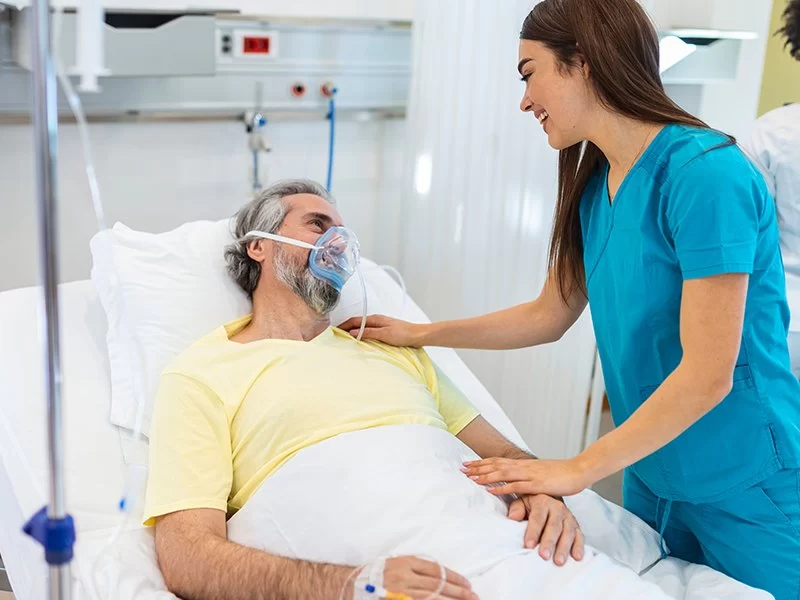
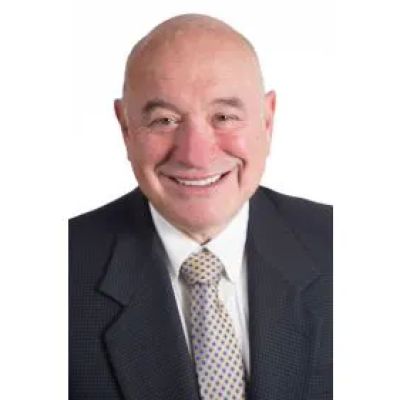



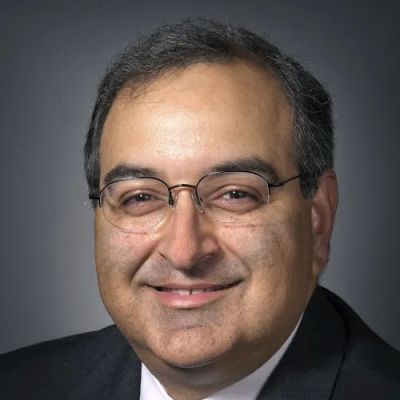
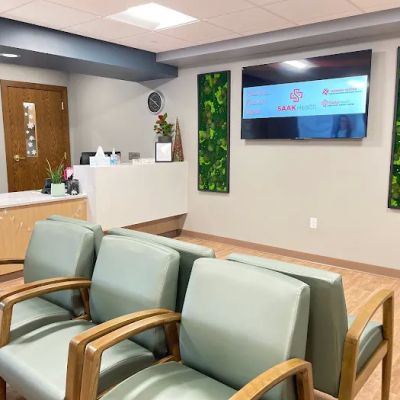
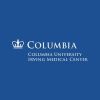













Deborah Heart and Lung Center
deborah heart and lung center
200 Trenton Rd, Browns Mills, NJ 08015, USA